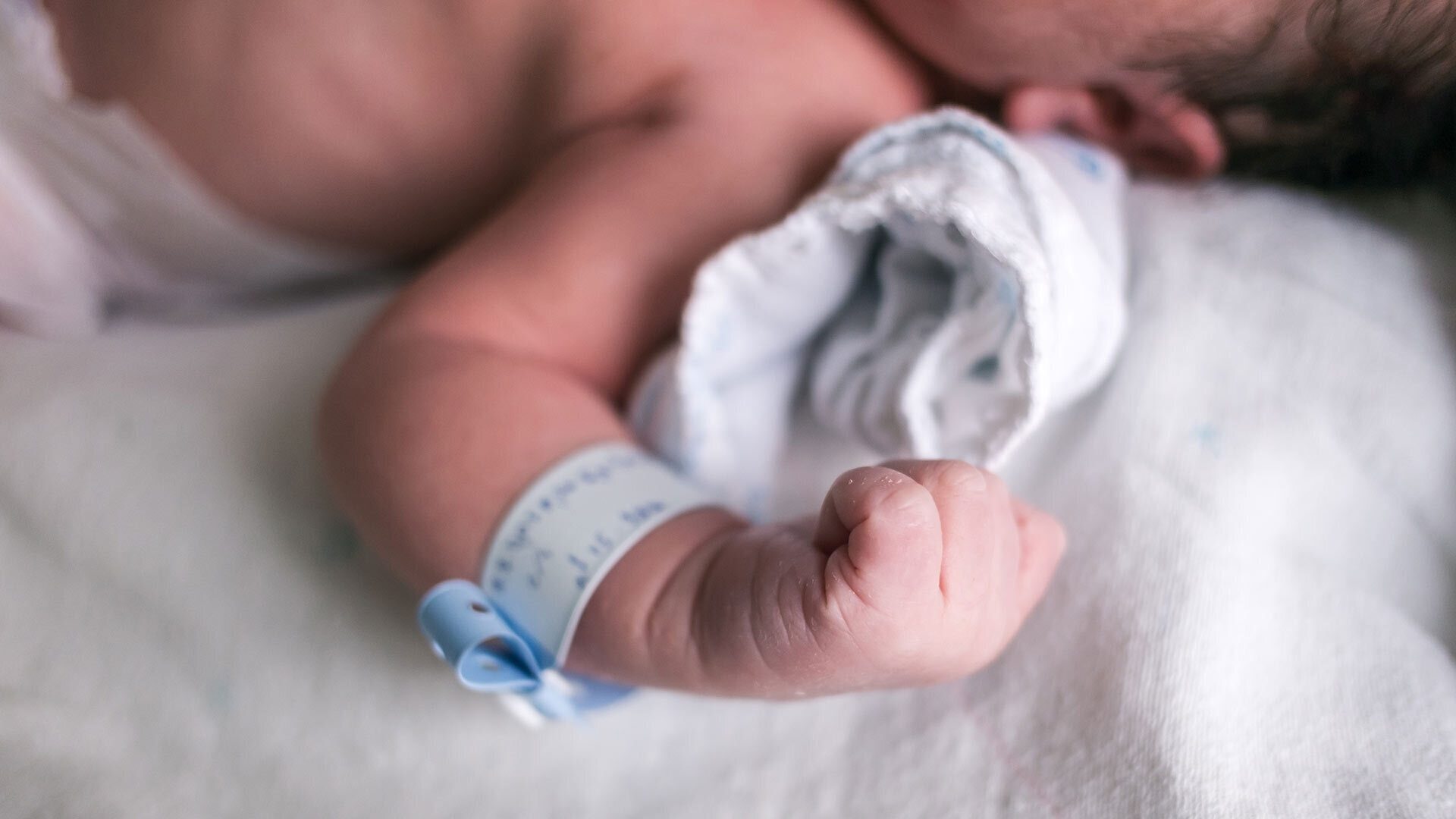- March 05, 2021
- By Melissa S. Kearney and Phillip B. Levine
After years of declining birth rates, the pandemic has pushed the trend into overdrive, with results that are likely to continue playing out long into the future, write economics Professors Melissa S. Kearney of the University of Maryland and Phillip B. Levine of Wellesley College in a new essay in The New York Times.
Their previous research indicated the upheaval around COVID-19 would cut U.S. births by 8%, or about 300,000 this year. While the trend may lessen once the pandemic ends, fully reversing its broad effects on U.S. population and demographics won’t be easy, and could require a variety of U.S. policies to encourage births or immigration.
The longer and more persistent the crisis, and the deeper and more sustained the income losses that result from it, the more likely it is that many of the missing COVID births will be lost forever.
This will have serious implications for individuals, families and society. Some women and couples will have fewer children than they hoped, and some kids will grow up without the younger sibling they would have had otherwise. This could contribute to what some have referred to as America’s loneliness epidemic.
There could also be benefits for the kids in this smaller COVID cohort of babies: As they age and get to school, they will potentially enjoy smaller class sizes and perhaps lessened competition for college slots and jobs.
But the real societal challenge of a COVID baby bust will be a smaller workforce, which portends lower economic productivity and fewer workers to contribute to the tax base. It also means a lower ratio of workers to retirees, which stresses Social Security since current workers fund benefits paid to current beneficiaries.
Read the rest of the essay in The New York Times.
